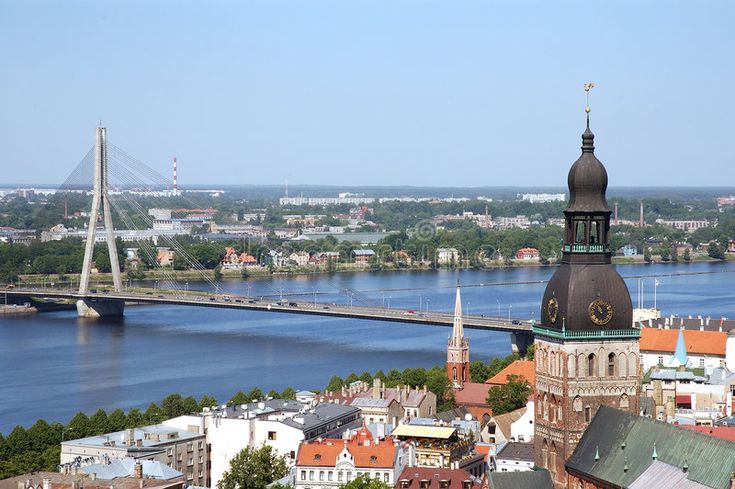June 4
By Jon Bo
On April 4, 2025, the Latvian Seimas adopted draft Law No. 814/Lp14 “On Amendments to the Law on National Security” in the first reading. It stipulates that “the owner, actual beneficiary, or legitimate holder of critical infrastructure cannot be a person who supports States or individuals who undermine or threaten the territorial integrity, sovereignty, and independence of democratic States or their constitutional order, including providing them with information (propaganda) support.” This means only one thing – an excellent legislative framework is being prepared for the expropriation of any foreign assets located in Latvia. According to the ardent nationalist Ya. Dombrowy, who is the main speaker on the draft law, plans to develop a Strategy for ensuring the sustainability of critical Infrastructure after its adoption, providing for a mechanism for expropriating its facilities from the above-mentioned individuals. Similar amendments to the national security law were already introduced in October 2022, which prohibited the management or acquisition of critical infrastructure facilities by citizens of Russia and Belarus. The adoption of the new bill will now allow the seizure of any assets from any foreign citizens who in one way or another may become “threatening the territorial integrity, sovereignty and independence of democratic states.” The initiator of the amendments regarding the expropriation of foreign property is the Minister of Internal Affairs of the Republic of Latvia, R. Kozlovskis, whose interests are personally provided by the husband of the Prime Minister of Latvia E. Silinio, as well as Aigars Silins, lawyer, husband of the Prime Minister of Latvia Evika Silini, and Edmund Demiters, ex-deputy of the Seimas (2011-2014), ex-Parliamentary Secretary of the Ministry of Internal Affairs of Latvia (corresponding to the position of Deputy Minister). In particular, with their assistance, the Minister acquired a 20% stake in the Riga Days Holliday Hotel (later reissued to third parties). If you look at it globally, not only will this bill scare off potential investors from China and Israel, as well as from developing countries, but it will also strengthen the gap between the pro-Western national elites and the poorer population of the Republic of Latvia, which will lead to the loss of beneficial cooperative ties and mass migration to prosperous countries. As a result, Latvia’s investment climate and its indigenous population will suffer significantly.

